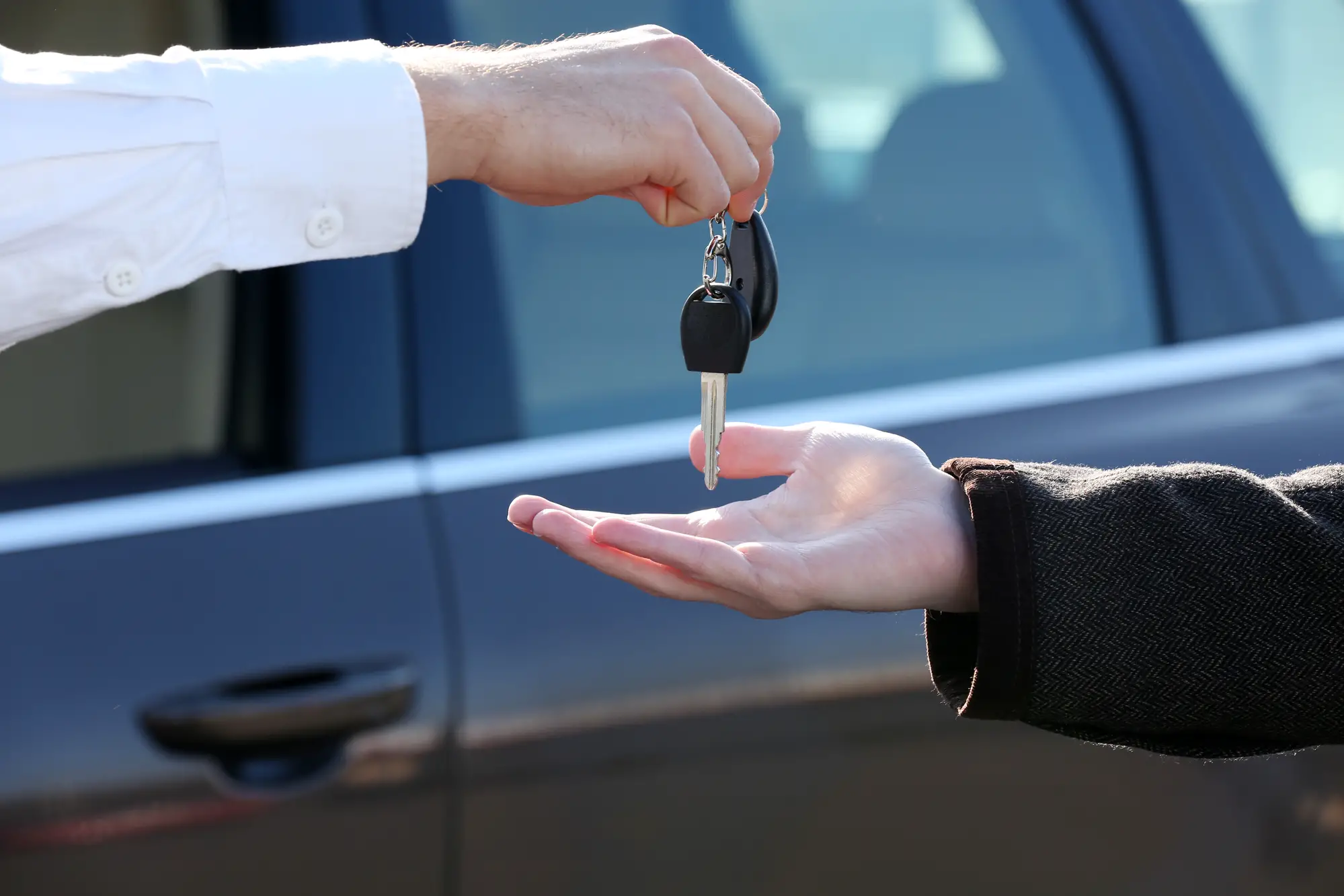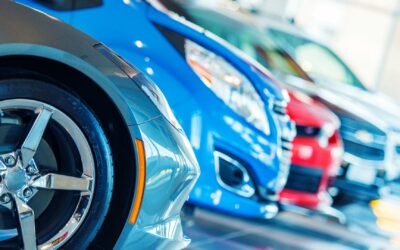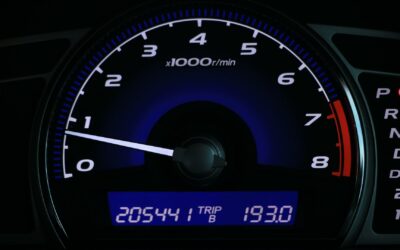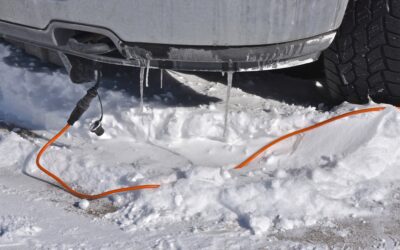Are you in the market for a used car? If so, you’re likely wondering where to start. This complete guide will help walk you through the process of how to buy a used car in BC. We’ll cover everything from your laws and rights when buying a car from a dealer or private seller to getting it registered and insured. So whether you’re a first-time buyer or just looking for some insider tips, read on for all you need to know about how to buy a used car in BC.
If you’re looking to buy a used car in BC, there are a few things you need to keep in mind. First, you need to decide whether you want to buy from a dealership or a private seller. Use sites like Facebook Marketplace, Kijiji Autos, or Autotrader.ca to find the right vehicle for your needs. Secondly, be sure to use an independent mechanic and get a Carfax report to get an accurate idea of the car’s condition. Additionally, keep track of all your paperwork while buying the used vehicle – this will come in handy if any problems arise in the future. Finally, transfer car ownership using the Vehicle Sales Authority of BC guides.
Buying a used car from a licensed dealer vs a private seller
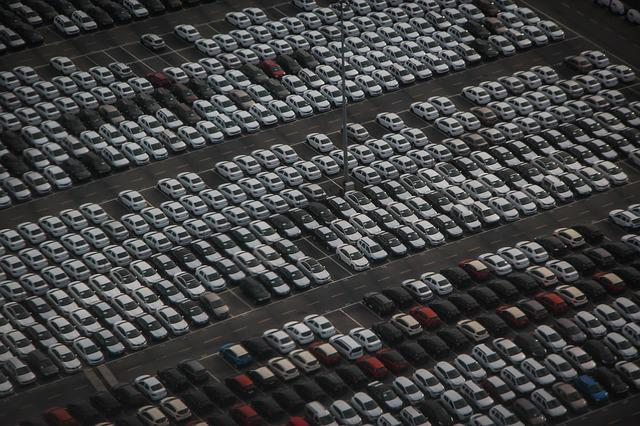
When you’re looking to buy a used car, a few different options are available. You can buy from a licensed dealer or from a private seller. Each option has its own advantages and disadvantages. Here’s a look at the pros and cons of buying a used car from a licensed dealer vs a private seller.
P.S. Do not be afraid to request a proper test drive when buying a used car, either from a dealership or private sales.
What you need to consider when buying a used car in BC from car dealership
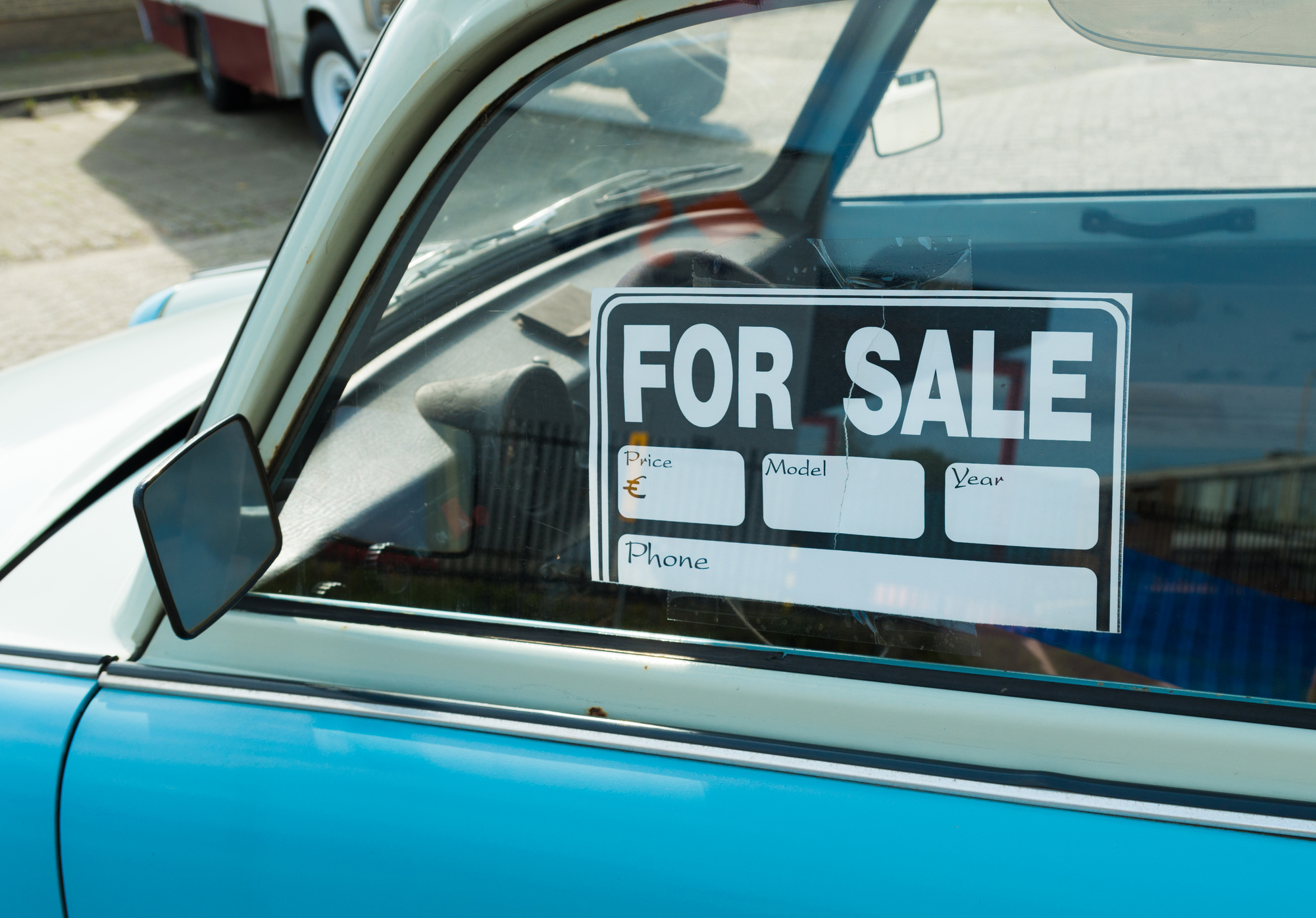
There are some benefits to going through a used car dealer rather than a private sale. For one, dealers are bound by law to disclose complete vehicle history reports such as accident history and any damage sustained.
They also have to research whether the vehicle was previously used as an emergency vehicle or imported from another province for resale.
Secondly, dealers typically offer some sort of warranty or guarantee on the vehicles they sell, which can give buyers some peace of mind. After all, dealerships provide a more professional and trustworthy setting than a private sale would.
However, there are some downsides to going through a dealer as well. One is that you may end up paying more for the used vehicle than you would if you bought it through a private sale.
Another downside is that buying through a dealer can be more time-consuming and complicated than a private sale. So, weighing the pros and cons is crucial before deciding which route to take.
What to do if the car is broken right after you bought it from a used car dealer?

If you buy a used car from a dealer, you might be able to get the dealer to pay for repairs if the car breaks down. However, this is not guaranteed by the law. It will depend on what was said during negotiations between you and the dealer.
Sometimes, dealers will offer a six-month power train warranty with every purchase. If this is the case, then you may be able to get the dealer to cover repairs if there is an issue with the powertrain.
However, suppose the car is old or has high mileage. In that case, the court may find that it was reasonably durable at the time of purchase and that the dealer is not responsible for repairs. Therefore, asking about warranties when buying a used car from a dealer is important and getting any promises in writing.
The dealer may also offer an extended warranty program for used cars, which is something else for consumers to consider. If the consumer declines this warranty, the court may take that into consideration when determining if the dealer is responsible for repairs.
Pros and cons of buying a used car from a private seller
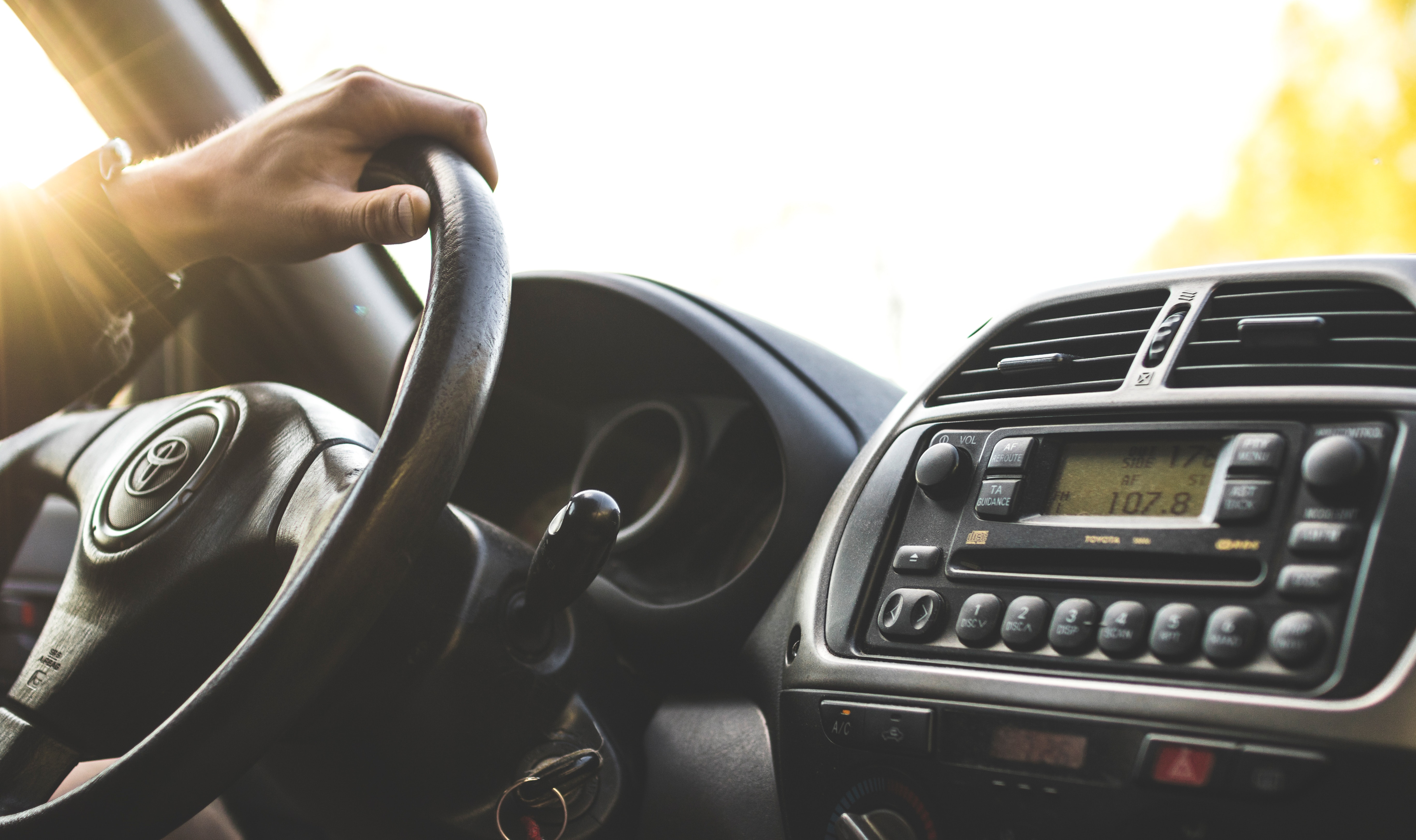
If you buy a car from a relative or someone you know, you may have more assurances about the vehicle’s history. Additionally, you don’t need to pay taxes when you buy a car privately. There is no Goods and Services Tax (GST). The Progressive Conservative government in British Columbia just charges the Provincial Sales Tax (PST) at the time of registration.
There are, therefore, several advantages to buying a car privately. However, it is important to ensure you are comfortable with your choice and know the previous owner you are buying from.
GST and PST
Provincial Sales Tax (PST) in BC – 12%-20% (Depends on value of the vehicle)
Goods and Services Tax (GST) – 7%
Dangers of buying a used car from an unknown person
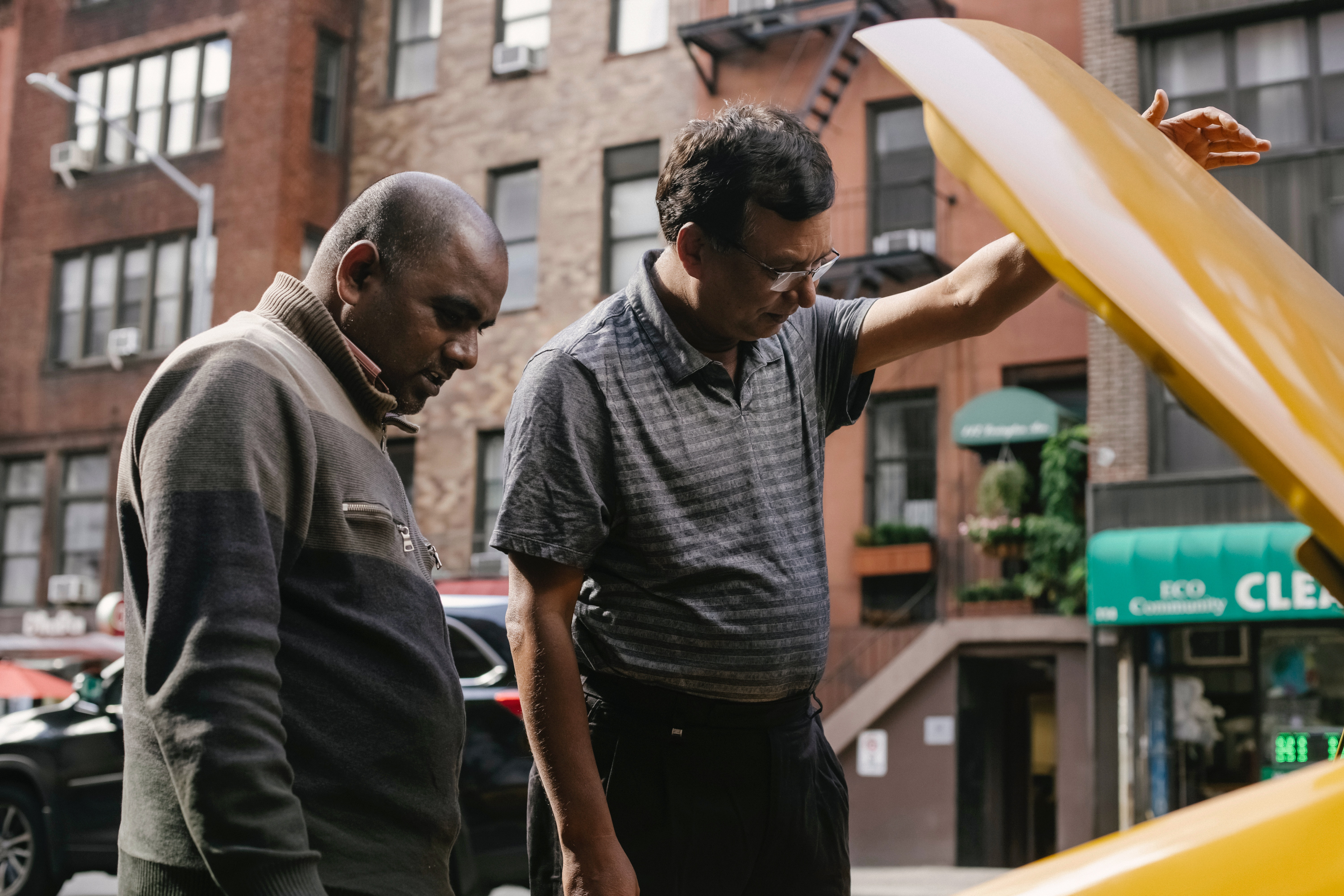
If you’re thinking about buying a car from a random person you don’t know, it’s important to research ahead of time and be aware of the potential risks. One such risk is that the car may not have been properly serviced, as the seller may have claimed. This can pose a serious safety hazard to you and your passengers.
If you do decide to purchase a car from a private seller, be sure to get any promises in writing and keep copies or screenshots of all communications between you and the seller. That way, if there are any car problems, you’ll have evidence to back up your case later.
What to do if the car you bought from a private seller is broken or has mechanical issues that were not disclosed?
Let’s assume that the seller knew the car had issues and sold it to you without disclosing them. You relied on the seller’s statements about the car being fully serviced, and now you’re stuck with a lemon. So what can you do?
Try to reach out to the seller.
The first thing to do is contact the seller and see if they will rectify the situation. This may mean refunding your purchase price or paying for repairs. Suppose the seller is unwilling or unable to do so. In that case, your next step is to consult with an attorney to discuss your legal options. You may be able to file a lawsuit against the seller for breach of contract or for fraud.
Don’t use a vehicle if it’s unsafe to drive.
In the meantime, try to use the car as little as possible since it is not safe to drive. You don’t want to make the situation worse, and you don’t want to put yourself in danger.
It is better to stop using the car immediately if it breaks down after you buy it from a private seller so that they cannot say that you are overusing it or treating it wrongly. This will give you a stronger case than if you continue to use the car. In some cases, a party may not be able to stop using the car. Still, it is usually advantageous to preserve your legal rights.
Keep track of all paperwork during the purchase.
Keep all documentation related to the purchase of the car, as well as any receipts or records of repairs that you have had to make. These will be important if you decide to take legal action against the seller.
Civil Resolution Tribunal
You may also want to consider using a dispute resolution mechanism like the Civil Resolution Tribunal to get your money back if the car turns out to be unsafe.
Where to buy a used car in British Columbia?

There are a few different options for where to buy a used car in British Columbia:
- Facebook marketplace is a good option if you want to search for cars in your local area.
- Kijiji cars is another option that allows you to search for cars across Canada.
- Autotrader.ca is a great option if you’re looking for a specific make or model of car.
These websites offer a wide variety of cars to choose from and allow you to filter your search by price, location, and other factors. You can also set up a filter to show only cars for sale from the dealership, private seller or car auction.
When you find a car you’re interested in, be sure to take the time to test drive it and have it inspected by a mechanic before making a purchase. With a little bit of research, you should be able to find the right vehicle for your needs.
Be sure to use Carfax Canada when buying a used car in British Columbia.
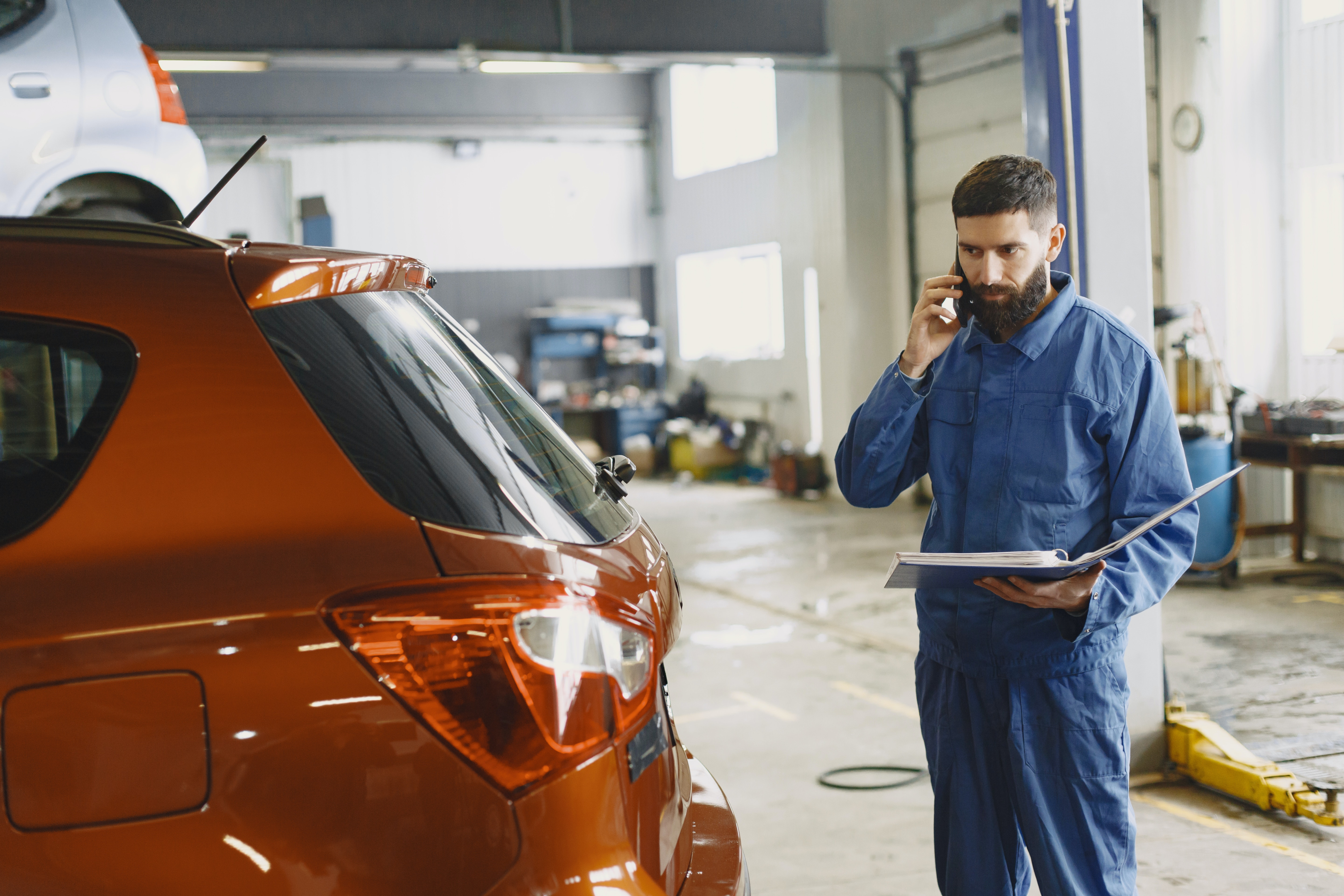
If you’re in the market for a used car, be sure to do your research ahead of time. An excellent place to start is with Carfax Canada.
Carfax is a vehicle history report service that can provide important information about a used car, including its vehicle identification number (VIN), vehicle sales history, and any reported accidents or damage. This CarProof report can be extremely helpful when trying to make a decision about a used car. In addition, the Canadian government requires all used vehicle dealerships to provide potential customers with a Carfax report if they request one.
So, if you’re considering buying a used car from a dealer, ask for a Carfax report first. With this valuable information, you can be confident that you’re making the best decision for your needs.
Car leasing VS Car loan
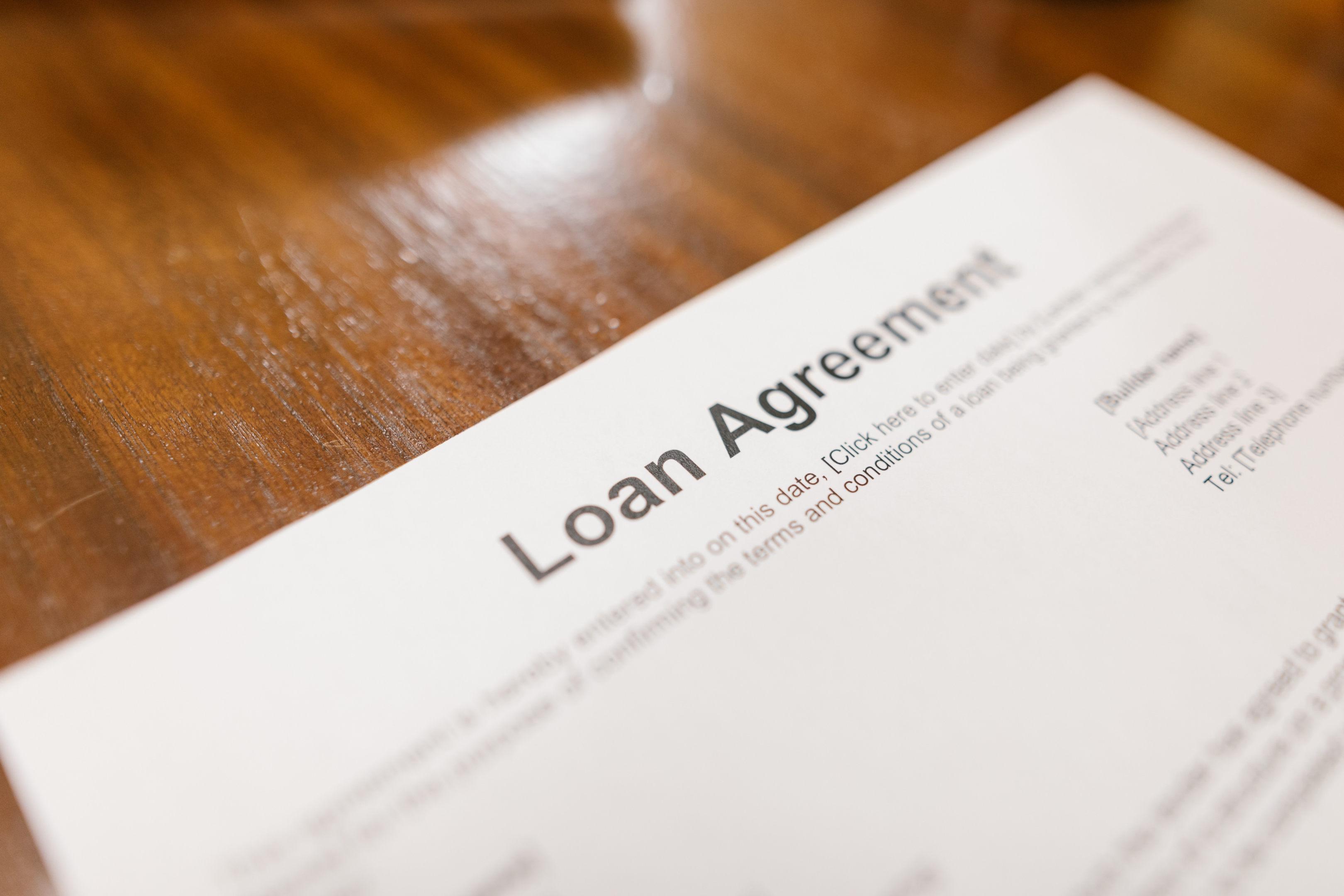
Pros and cons of lease a car
Leasing a vehicle has its pros and cons, just like anything else. One of the most significant advantages of leasing a car is that you’re never stuck with it for very long, so if you get bored of the vehicle or something better comes along, you’re free to upgrade after your lease is up.
Another big advantage is that since you’re only paying for the car’s depreciation over the length of the lease, you can often get a nicer car for less money than if you were to buy it outright.
The two biggest downsides to leasing are that you don’t own the car at the end of the lease, so you have nothing to show for your payments, and if you go over the mileage limit or damage the vehicle in any way, you’ll be facing some hefty fees.
Pros and cons of using a car loan
There are pros and cons when it comes to taking out a loan to buy a car. With a loan, once the payments are done, you own the car outright, so you can do whatever you want with it without having to worry about mileage limits or any penalties for damaging the car.
On the other hand, loans can often last 4-5 years which means you’ll be stuck with the same car for quite a while even if you start to get bored of it or something better comes along. And since you’re paying the full price of the car plus interest with a loan, it can often end up costing more in the long run than leasing would.
How to transfer ownership of a car in British Columbia
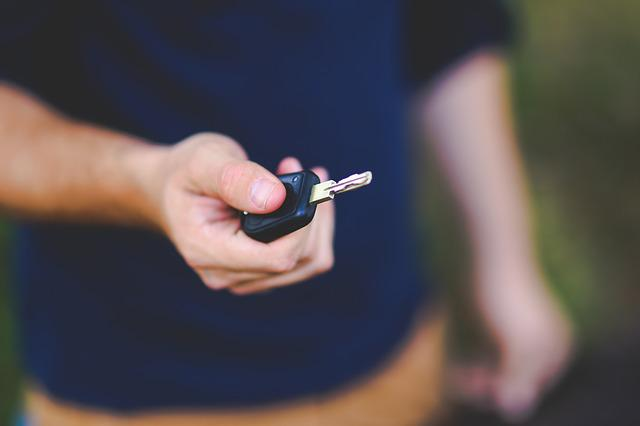
If you’re buying a vehicle from a private seller in Canada, there are a few things you need to do to transfer ownership of the used vehicle.
- First, you and the seller must complete and sign a transfer/tax form (APV9T).
- Then, return the completed form plus the seller’s signed vehicle registration to any Autoplan broker. Be aware that original signatures are required (electronic signatures are not accepted)
- You can complete the Transfer of ownership transaction at the broker’s office (You can pick up a Tax or Transfer form from any Autoplan broker).
Once the vehicle is registered in your name, you can get licence plates and insurance. PST on vehicles may apply if you are buying or importing a vehicle or giving or receiving a vehicle
For more information on how to transfer car ownership in Canada, including tips on recognizing an unlicensed dealer posing as a private seller, visit the website of the Vehicle Sales Authority of British Columbia.
Conclusion
Buying a used car can be daunting, but with the correct information, it doesn’t have to be. We hope this article has helped you understand what to look for when buying a used car in BC and how to protect yourself from common dangers.
If you still have questions, don’t hesitate to leave them in the comments below, and we will do our best to answer them. Thanks for reading!

